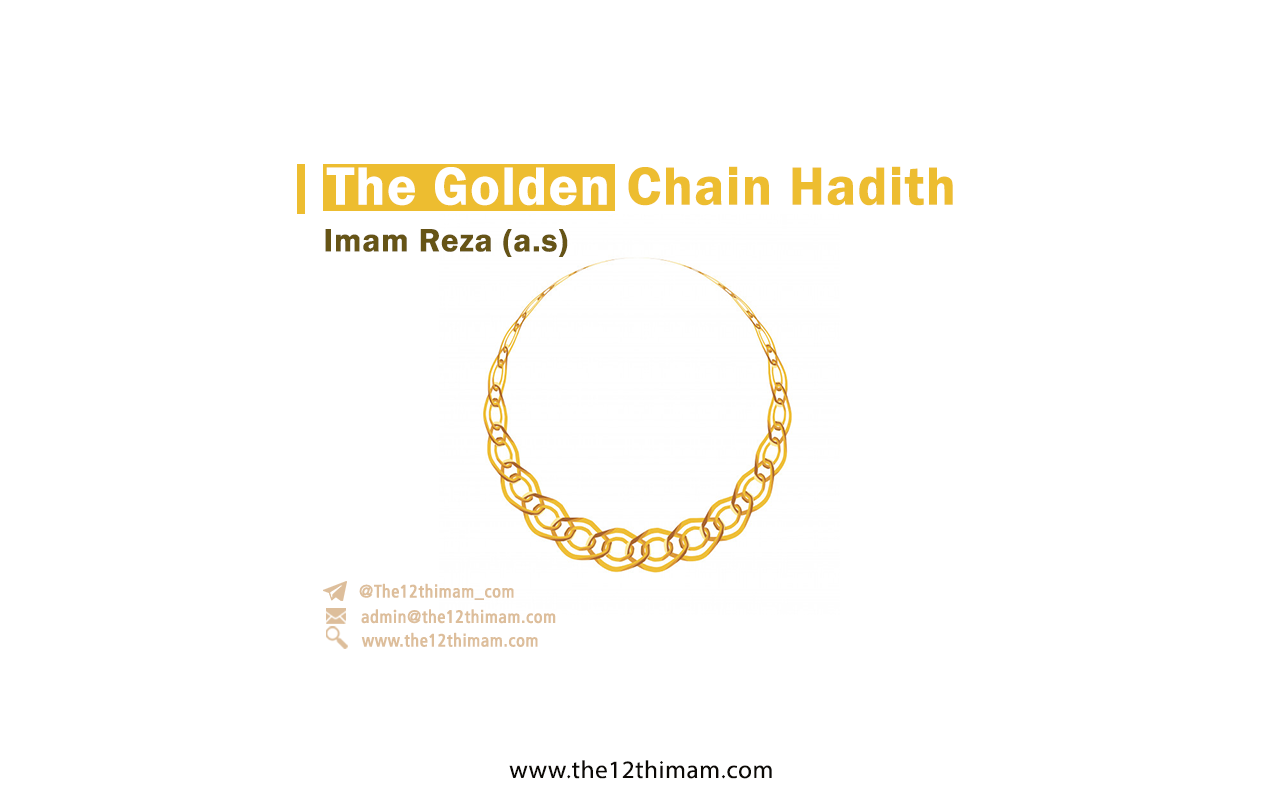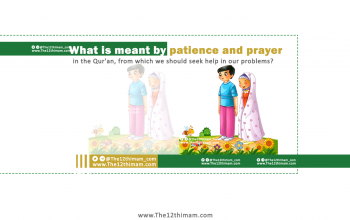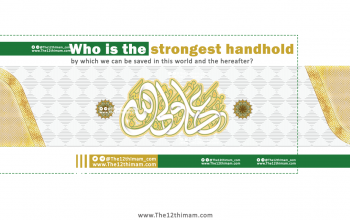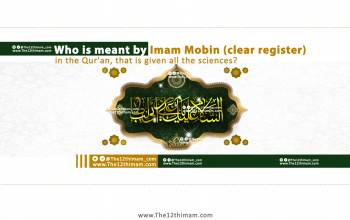Hadith [1] Silsilat al-Dhahab or the Golden Chain Hadith is a short narration given by Imam al-Rida (a) on his way to Merv through Neyshabur, on the unity of God and one of its main conditions. Since all the narrators of this hadith are the infallible Imams (a), all the way to the Holy Prophet (s), who has narrated it from Jabra’il (Gabriel) from God, thus it has been called Silsilat al-Dhahab, which means Golden Chain.
Based on this hadith, the belief in Tawhid rescues the person from hell fire. However, Imam al-Rida (a) has introduced himself as a condition for this salvation. Shi’a scholars believe that by this condition, Imam al-Rida (a) has meant the belief in Imamate.
The text of the hadith as recorded by al-Shaykh al-Saduq in his Kitab al-Tawhid is as follows: Ishaq b. Rahawayh says, “When Imam al-Rida (a) reached Nishabur on his journey to Khurasan, after he decided to leave for Ma’mun, the penmen gathered and said, “O son of the Messenger of God (s), are you leaving our city without giving us a statement to benefit from?” Upon this request, the Imam (a) brought his head out of his wagon and said: “I heard my father Musa b. Ja’far (a) say that I heard my father Ja’far b. Muhammad (a) say that I heard my father Muhammad b. ‘Ali (a) say that I heard my father ‘Ali b. al-Husayn (a) say that I heard my father Husayn b. ‘Ali (a) say that I heard my father Amir al-Mu’minin’Ali b. Abi Talib (a) say that I heard God’s Messenger (s) say that I heard Gabriel [2] say that I heard God say that ‘the sentence ‘There is no god but God(allah)‘ is my stronghold, thus whomever enters my stronghold shall be safe from my punishment.'” As the Imam’s (a) caravan began to move, he said aloud: “With its conditions, and I myself am one of those conditions.”
اللَّهَ جَلَّ جَلَالُهُ یَقُولُ «لَا إِلَهَ إِلَّا اللَّهُ حِصْنِی فَمَنْ دَخَلَ حِصْنِی أَمِنَ مِنْ عَذَابِی»
قَالَ فَلَمَّا مَرَّتِ الرَّاحِلَةُ نَادَانَا «بِشُرُوطِهَا وَ أَنَا مِنْ شُرُوطِهَا»
Allah says: “(The word) ‘There is no lord but Allah’ is my stronghold, thus whomever enters my stronghold shall be safe from my punishment.”
When the caravan started to move [Imam al-Rida (a)] said: “[but of course] it has conditions, and I am one of its conditions.” Kitab al-Tawhid :25
This hadith is famously called Hadith Silsilat al-Dhahab (The Golden Chain Hadith) because of its chain of narrators whom are all infallibles, starting from Imam al-Rida (a) who quotes the seventh Imam, who narrates from the sixth Imam and goes all the way to the first Imam who himself has obtained it from the Holy Prophet (s) who has received it from God. Therefore, this narration is a hadith qudsi. [3]
Explanation
After narrating this hadith in his Kitab al-Tawhid, al-Shaykh al-Saduq writes, “The meaning of what the Imam (a) said is that one of the conditions of [confessing to] “There is no god but God(Allah) ” is confessing to his Imamate and that he was appointed by God as the Imam who must be obeyed.”
Reference:
[1] Ḥadīth (Arabic: حديث) which is also called “riwaya” (Arabic: روایة; lit.: narration) is a word in Islamic terminology and religious sciences which refers to sayings quoted from the Prophet (s) and Imams (a) and their conduct.
[2] Jabraʾīl (Arabic: جَبرَئیل), or Jibrīl (Arabic: جِبرِیل), or Gabriel, is one of the four nearest angels to God. Jabra’il carries divine revelations. In addition to carrying the revelation, Jabra’il allegedly helps the prophets
[3] Sacred tradition or al-ḥadīth al-qudsī (Arabic:الحدیث القدسی) is non-Quranic sayings of God, which is quoted by the Prophet (s). It is also called al-ḥadīth al-rabbānī (Arabic:الحدیث الرّبّانی) or al-hadīth al-ilāhī (divine tradition). In these hadiths, the content is from God and the words are from the Prophet (s). The Prophet (s) receives the content either through an angel or by direct inspiration. These hadiths usually begin with the phrases “Qal Allah” (God said) or “Yaqul Allah” (God says).
Kitab al-Tawhid : p 25
Al-Amali (by al-Tusi) , p235
Ma’ani l-akhbar , p371
Uyun akhbar al-Rida , vol 2 , p135
Rawdat al-wa’izin wa basirat al-mutta’izin , vol 1 , p42
Bisharat al-Mustafa li-shi’at al-Murtada , p269
Al-Amali (by al-Tusi) , p 279 , p589



